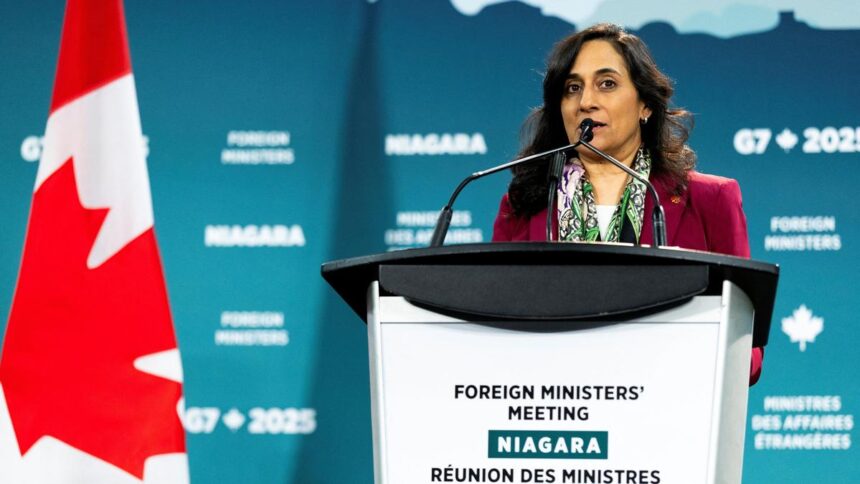
Donald Trump this week announced plans to ramp up operations against Venezuela, fuelling speculation that his administration aims to topple Venezuela’s President Nicolas Maduro. File
| Photo Credit: Reuters
U.S. President Donald Trump said on Friday (October 17, 2025) that Venezuelan leader Nicolas Maduro had offered major concessions to ease tensions with Washington and confirmed a new strike on a drug-smuggling vessel, which reportedly left survivors.
Washington accuses Mr. Maduro of heading a drug cartel and has deployed significant military assets — including stealth warplanes and seven U.S. Navy ships — as part of what it says are counter-narcotics efforts in the region.
Also Read: Blatant aggression | On the Trump administration and its Venezuela actions
Mr. Maduro, an authoritarian socialist who is widely accused of stealing elections last year, claims Washington is plotting regime change.
When asked at the White House about reports that Caracas had floated de-escalation plans, Mr. Trump was scathing. “He has offered everything, you’re right. You know why? Because he doesn’t want to f*ck around with the United States,” he said.
Venezuela’s Vice-President, Delcy Rodriguez, on Thursday (October 16) denied a Miami Herald report that she had negotiated with Washington on a plan to oust Mr. Maduro.
Venezuela is the alleged origin of some of the vessels, at least six of which have been targeted and mostly involving speedboats, in an unprecedented campaign of U.S. strikes in the Caribbean since September.
The latest attack left survivors on board, media outlets including CBS and NBC reported, citing unidentified U.S. officials.
U.S. media later reported on Friday (October 17) the two survivors were in the custody of the U.S. Navy, with no further details available on their conditions or circumstances.
Mr. Trump said the target was a “drug-carrying submarine built specifically for the transportation of massive amounts of drugs.”
Semi-submersibles built in clandestine jungle shipyards have for years been used to ferry cocaine from South America, particularly Colombia, to Central America or Mexico, usually via the Pacific Ocean.
Washington says its Caribbean campaign is dealing a decisive blow to drug trafficking, but it has provided no evidence that the people killed — at least 27 so far — were drug smugglers.
Experts say such summary killings are illegal even if they target confirmed narcotics traffickers.
The U.S. campaign has drawn in some of Venezuela’s neighbours.
Police in Trinidad and Tobago, located off the coast of Venezuela, is investigating whether two of its citizens were killed in a strike on Wednesday (October 15).
And Colombian President Gustavo Petro says he believes Colombians have also died in the attacks.
A defiant Mr. Trump this week announced plans to ramp up operations against Venezuela, fuelling speculation that his administration aims to topple Mr. Maduro.
Mr. Trump indicated he had authorised covert CIA operations against Venezuela and was considering strikes on land targets.
Earlier this week, in a show of force, U.S.-based B-52 bombers circled over the Caribbean off Venezuela’s coast for several hours, data from tracking website Flightradar24 showed.
Venezuela has deployed 17,000 troops to Tachira state, which borders Colombia, in response to the U.S. threats.
Venezuelan forces are also stationed in southern Amazonas state, which borders both Colombia and Brazil, and multiple coastal areas.
While Mr. Trump weighs whether to expand U.S. military action from the sea onto land, the admiral overseeing the naval strikes in the Caribbean announced he will step down.
The head of U.S. Southern Command gave no reason for retiring just a year into his tenure, which follows multiple top U.S. military officers being dismissed in recent months.
Published – October 18, 2025 10:55 pm IST























